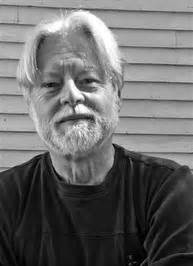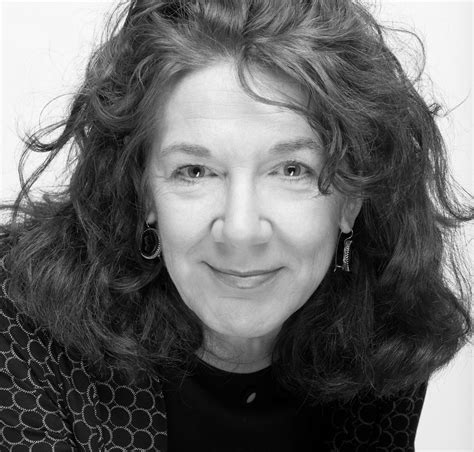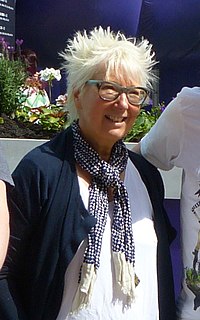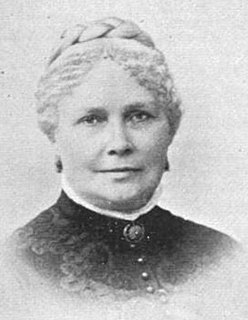A Quote by Thomas H. Cook
At a certain point memory becomes a beach strewn with landmines, all life’s many losses buried in those sands.
Related Quotes
Those who believe in their truth -- the only ones whose imprint is retained by the memory of men -- leave the earth behind them strewn with corpses. Religions number in their ledgers more murders than the bloodiest tyrannies account for, and those whom humanity has called divine far surpass the most conscientious murderers in their thirst for slaughter.
That narrow stretch of sand knows nothing in the world better than it does the white waves that whip it , caress it , collapse on to it . The white foam knows nothing better than those sands which wait for it , rise to it and suck it in .but what do the waves know of the massed, hot, still sands of the desert just twenty , no , ten feet beyond the scalloped edge ? And what does the beach knows of depths, the cold, the currents just there, where-do you see it? - Where the water turns a deeper blue.
For all the sophistication of GPS, there still remain numerous problems with their use. The most obvious problem in this context is the problem of landmines. For example, when the French troops went into Kosovo they were told that they were going to enter in half-tracks, over the open fields. But their leaders had forgotten about the landmines. And this was a major problem because, these days, landmines are no longer localized.


































